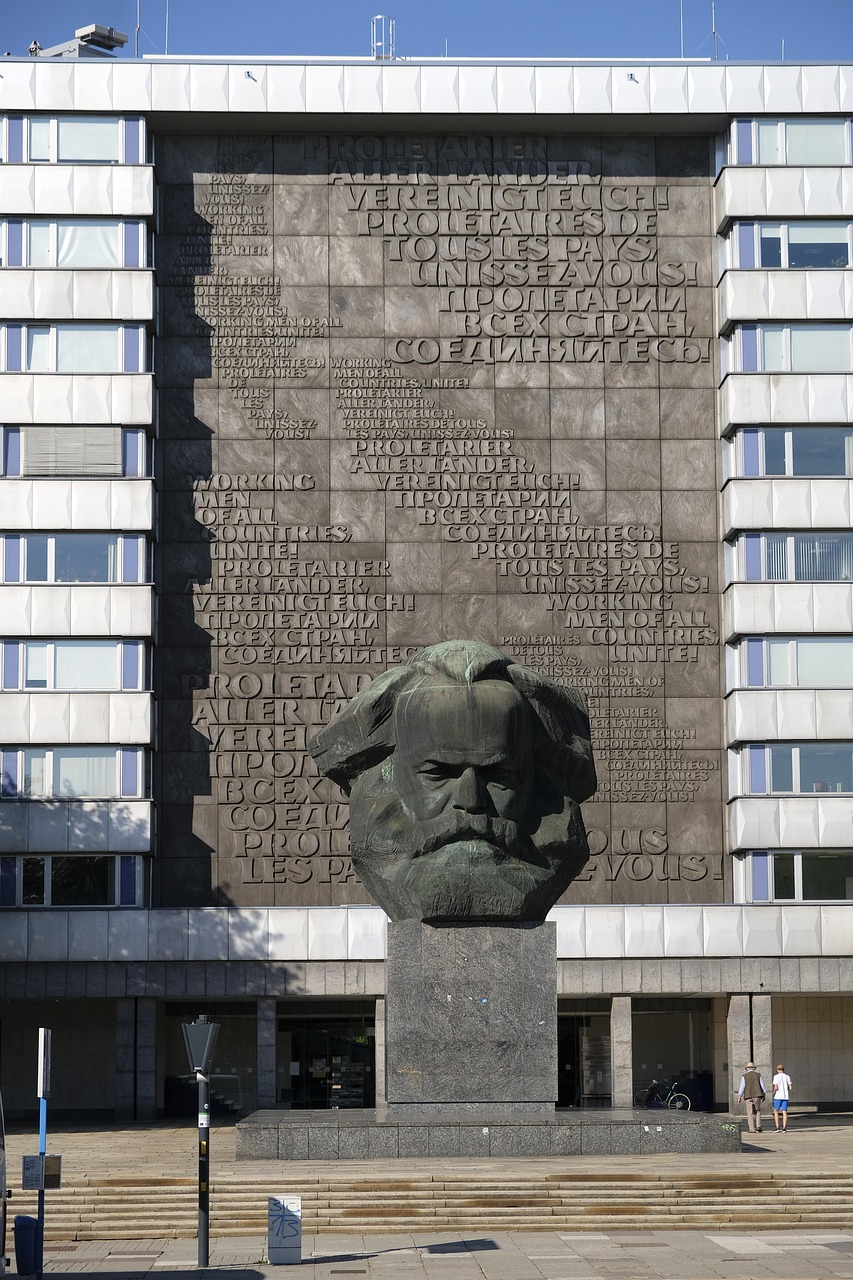 Benjamin Loughnane, Research Fellow at the Bow Group, argues YES
Benjamin Loughnane, Research Fellow at the Bow Group, argues YES
Since 2018, 50,000 people have illegally crossed the Channel and entered the UK. Of these a negligible number have been returned or deported. These are not struggling refugees fleeing war and settling in the first safe country they reach; they tend to be young men who pass through multiple safe countries to reach Britain. They choose Britain because we are a soft touch and seen as a place of opportunity. We do not, like France or Greece, dump migrants into tents on the shoreline; we put them up in hotels. We feed them, clothe them, and pay their legal fees to sue us for the right to stay.
Meanwhile, veterans of our armed forces are homeless and starving on the streets. Our country is hurtling towards a recession, the cost of living is going through the roof, and even the hardest working Brits are struggling to make ends meet. It is an abomination that our government is funnelling so much taxpayers’ money into helping opportunistic asylum shoppers and economic migrants to subvert our laws and take advantage of our generosity.
We are a generous nation, as evidenced by our openness to Hong Kong, Afghan, and Ukrainian refugees over the past few years; but we must draw the line somewhere. The Rwanda plan does not come anywhere near to solving the Channel crisis. Originally only 130 people were tipped to leave on the first plane, which has since gone down to a mere 8 after a series of legal challenges.
The flight must go ahead – even if it is with only one passenger – to establish the principle that we can remove people who break our laws and have no right to be here. If the flight is cancelled, it will be a humiliating and symbolic defeat for the government – and a grim harbinger of the decline of Britain.
 Elnaz Sharifi, Assistant Editor at 1828, argues NO
Elnaz Sharifi, Assistant Editor at 1828, argues NO
Proceeding with the imminent deportations of asylum seekers to Rwanda will fail to adequately address concerns over migration and risks repeating the mistakes of Windrush.
A considerable flaw of the Rwanda asylum plan is the lack of evidence to bolster the government’s main rationale for going ahead with the policy: to curb the number of channel crossings.
Since the policy was announced on April 14, channel crossings have continued in significant numbers, suggesting its failure thus far to deter migrants from pursuing this dangerous journey. A similar scheme in Australia in 2012 saw a substantial rise in attempts to enter the country through illegal boat routes after its implementation – only after establishing further drastic measures, including boat ‘turnbacks’, did the number of illegal crossings begin to wane.
The government’s safety assessment presents another cause for scepticism. The report asserts that there are “not substantial grounds” to assume ill treatment of refugees in Rwanda, yet the excessive use of force by Rwandan police in recent years strongly suggests otherwise. One such incident transpired in early 2018, when Rwandan authorities killed 12 refugees and arrested over 60 others after protesting cuts in their food rations. More generally, Rwanda’s poor human rights record reveals their propensity towards extrajudicial killings, torture and abusive prosecutions.
The plan has rightfully attracted comparisons to the failures of Windrush, where practicalities of implementation were neglected and policy proved to lack humanity and compassion. The government’s agreement with Rwanda fails to address crucial logistical issues, including ensuring the continued safety of migrants after deportation.
While it is clear that efforts must be made to prevent human trafficking operations at the border, the decision to go ahead with the asylum plan ultimately demonstrates that the government’s historical willingness to turn a blind eye to those communities most affected by their policy continues to plague their decision making.















